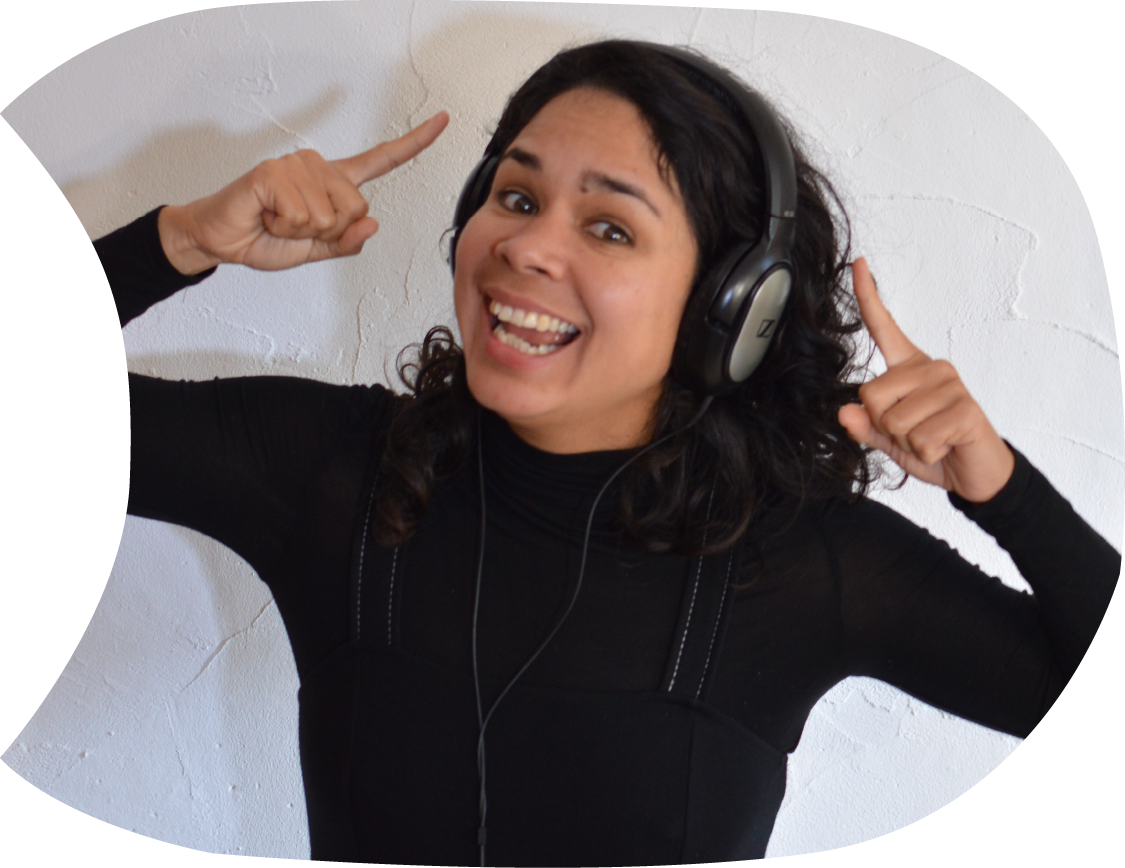
How to Use “Desde” in Spanish
Forget the Translation: How to Feel When to Use “Desde”, “Desde Que” and “Desde Hace” in Spanish
Let me guess: you’ve looked up “desde,” “desde que,” and “desde hace,” saw the translations, tried to use them—and still second-guessed every sentence. Sound familiar?
You're not alone. These expressions throw off a lot of learners—not because they’re hard, but because we try to approach them with logic instead of life.
So today, I’m not giving you more textbook definitions. I’m giving you scenarios. We’re going to build a feeling for how these phrases work—like how you’d feel when to say “since” or “for” in English. Ready?
Imagine You’re Walking Through Time
We’re going to walk through time together. Literally. Picture this:
You’re on a timeline. You're at “NOW.” You look over your shoulder… and you spot a starting point in the past. That’s what desde is for.
1. DESDE = You’re pointing to a past moment where something began.
Think: “From this moment, this thing is true.”
Try to feel the scene:
🕘 You're telling someone when your new job started.
👉🏽 You point back to March on your mental calendar:
Trabajo aquí desde marzo.
(I’ve been working here since March.)
No need to translate it word-for-word. Just feel the arrow starting at a past moment and continuing into now. That's desde.
Other feels-like-real-life examples:
- Vivo en esta ciudad desde 2020.
(That year marked the start of your life here—arrow begins there.)
- Desde ayer, me duele la espalda.
(Since yesterday, your back pain is a thing—arrow again.)
2. DESDE QUE = Now we’re adding a sentence after the starting point.
If desde is pointing to a date, desde que points to an event.
Think: “Since the time that THIS happened...”
Feel the scene:
📺 You started watching Spanish Netflix shows 3 months ago and never stopped.
You say:
Desde que vi mi primera serie en español, no he parado.
(Since I saw my first Spanish series, I haven’t stopped.)
Other examples that help build the vibe:
- Desde que llegué a España, todo cambió.
(That arrival moment triggered the arrow.)
- No salimos desde que empezó a llover.
(The moment it started raining = starting point.)
Tip: If you feel a subject + verb after “desde,” you probably want “desde que.”
3. DESDE HACE = Flip the view. You’re measuring duration up to now.
Imagine you’re telling someone how long the arrow has been going on.
Instead of pointing to the starting point, you’re describing the length of time.
Feel the difference:
🕓 You’ve been studying Spanish for 6 months.
The arrow began 6 months ago, but you’re focusing on the stretch of time.
You say:
Estudio español desde hace seis meses.
(I’ve been studying Spanish for six months.)
Other intuitive moments:
- Vivimos juntos desde hace cinco años.
(You're not focusing on the exact date—just the time span.)
- No veo a mi amiga desde hace semanas.
(Weeks have passed—you're measuring the time.)
How to Practice the Feeling (Not Just the Rule)
Next time you want to say something like “since” or “for,” pause and ask:
- Am I pointing to a date/moment? → Use desde
(Desde marzo, desde ayer, desde las 8.)
- Am I describing when something happened (an event)? → Use desde que
(Desde que empecé, desde que me mudé…)
- Am I talking about how long something’s been going on? → Use desde hace
(Desde hace un año, desde hace mucho tiempo…)
Try It Out With These Prompts:
Fill in the blank using the one that feels right:
- No hablo con mi hermana ______ dos semanas.
- Estoy cansado ______ empezó el curso.
- Vivimos en este barrio ______ 2018.
- Estudio español ______ hace tres meses.
- No como carne ______ muchos años.
Time in Spanish isn’t just “past” and “present.” It’s a stream, and these expressions are how we describe our place in it.
If you stop treating “desde” like a vocabulary word and start seeing it as a way of showing time, things start to click.
Don’t just memorize—visualize, narrate, and feel the language.

